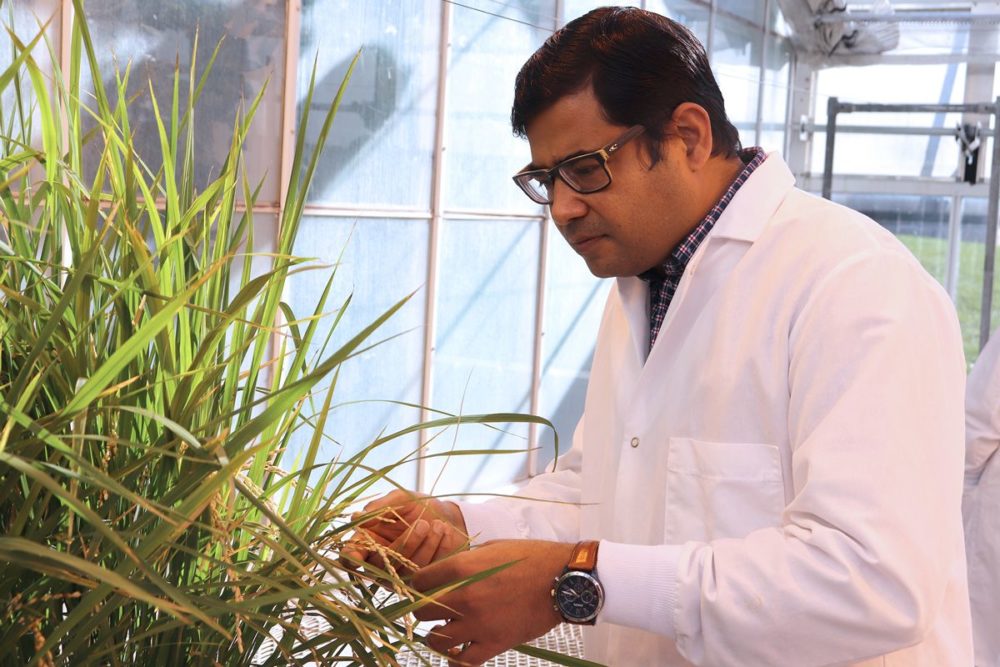Ascribe Bioscience has raised $2.5 million in seed funding for its biopesticide solution based on ‘signaling molecules’ found in the soil microbiome.
The round was co-led by by The Yield Lab and Acre Venture Partners, with participation from impact-oriented investors Trailhead Capital and Ponderosa Ventures.
The seed capital will go towards the commercial development of Ascribe’s main product Phytalix, which is a biopesticide that ‘tells’ a plant when there is a pathogenic threat nearby. Plants respond to this warning by priming their immune systems in defense.
Phytalix can be applied as a seed treatment, foliar spray, or soil amendment, and has shown the ability to combat a wide range of pathogens including fungi, bacteria, nematodes, and viruses in a variety of crops.
Founded in 2017 by professors Dan Klessig and Frank Schroeder, Ascribe was spun out of the Boyce Thompson Institute at Cornell University.
Jay Farmer, Ascribe’s CEO, tells AFN that the company is “the marriage of two academic fields” – metabolomics and plant defense signaling. “What we’re doing at that intersection is really looking for natural small molecules, that already exist in the environment, that plants have evolved to pay attention to,” he says.
The Ithaca, New York-based startup identifies such molecules and harnesses them into biopesticide products like Phytalix, or biostimulants which offer a more nature-based approach to crop protection than toxic chemical fungicides.
Farmer likens Ascribe’s products to a vaccine. “You expose a human body to a pathogen, or a signal of a pathogen, and then the immune system recognizes it and reacts more quickly. Mechanically, it works a little bit differently in plants, but it’s a similar idea,” he explains.
“When a pathogen does arrive, the plant can respond much more quickly. And so essentially, this product is using the plant’s natural defenses to make them more tolerant against a wide array of pathogens.”
Ascribe differs from many other biopesticide solutions on the market in that it leverages small molecules as opposed to live microbes or complex extracts. The latter categories have sometimes suffered from low reliability and higher cost than what is amenable for row crop production. Farmer says that such solutions also divert metabolic activity away from the plant’s organic functions such as growth, fruiting, and so on.
“Part of the excitement around our molecule is that it’s priming [plant] defenses but not directly activating them, so then the plant is ready when the pathogen gets there, but it’s not wasting its resources,” he adds. “There’s a reliability and an affordability and compatibility aspect there that I think will make this much more broadly applicable in the field.”
Phytalix is still in the pre-commercial stage and Ascribe is conducting field trials across North America. Part of the seed funding will go towards expanding these field trials for crops like wheat, soy, and potatoes.
Farmer says the company’s ability to target major crops like these is partly due to its product’s affordability and its performance characteristics, which have been shown to be on-par with mainstream fungicides in tests, he claims.
“Broadly, our ambition is to really get this technology to be as impactful as possible. There are huge potential benefits here for the environment and food safety and a whole bunch of other kinds of externalities. And so going after these broad acreage crops has the greatest potential impact.”





